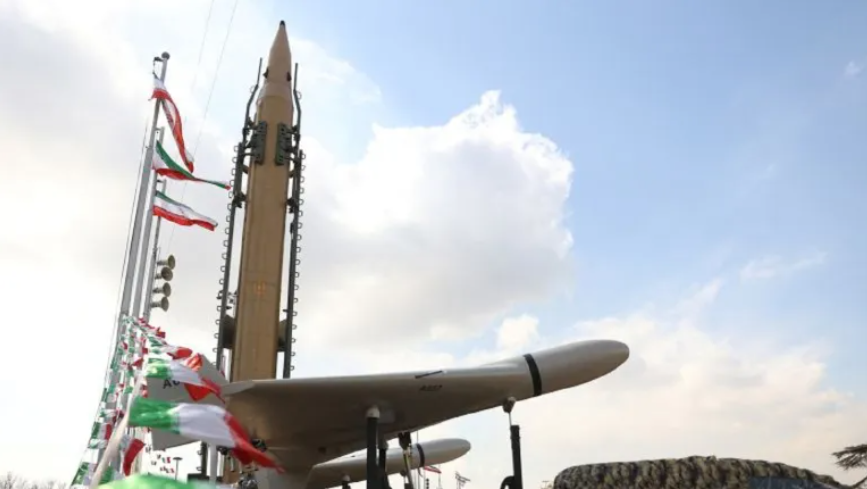The U.S. government’s recent announcement of a new round of sanctions against Iran has sparked widespread concern and attention within the international community. These sanctions, targeting Iran’s missile program and its support for Russia, are seen as another demonstration of the United States’ tough stance on Iranian policy.
Firstly, the implementation of these sanctions may further exacerbate the already tense relationship between the U.S. and Iran. Iran has consistently accused the U.S. of using sanctions as a means to interfere in its internal affairs and cause severe damage to its economy and society. This latest move by the United States could cause Iran to further entrench its positions on nuclear issues and other regional matters, making dialogue and negotiation between the two sides even more challenging.
Secondly, the new sanctions will undoubtedly place additional pressure on Iran’s economy. The Iranian economy has already been severely impacted by previous sanctions, including a significant drop in oil exports, currency devaluation, and high inflation rates. These economic issues have greatly affected the daily lives of ordinary Iranians, and the new sanctions may further worsen the situation.
Furthermore, the U.S. sanctions may also have an impact on the global oil market. As one of the world’s major oil producers, any restrictions on Iran’s oil exports could lead to instability and price fluctuations in the global oil supply, thereby affecting the global economy.
In the current international political climate, the U.S. decision may be seen as further pressure on Iran, aimed at forcing concessions on nuclear issues and other regional affairs. However, historical experience has shown that unilateral sanctions often fail to achieve the desired effects and may instead lead to increased tensions and complexity in the situation.
In summary, the new U.S. sanctions on Iran are a complex and far-reaching decision. They not only risk intensifying tensions between the U.S. and Iran but also have the potential to negatively impact Iran’s economy and the global oil market. In the process of seeking solutions to the Iranian nuclear issue and other regional affairs, the international community requires more dialogue and cooperation rather than confrontation and sanctions.

